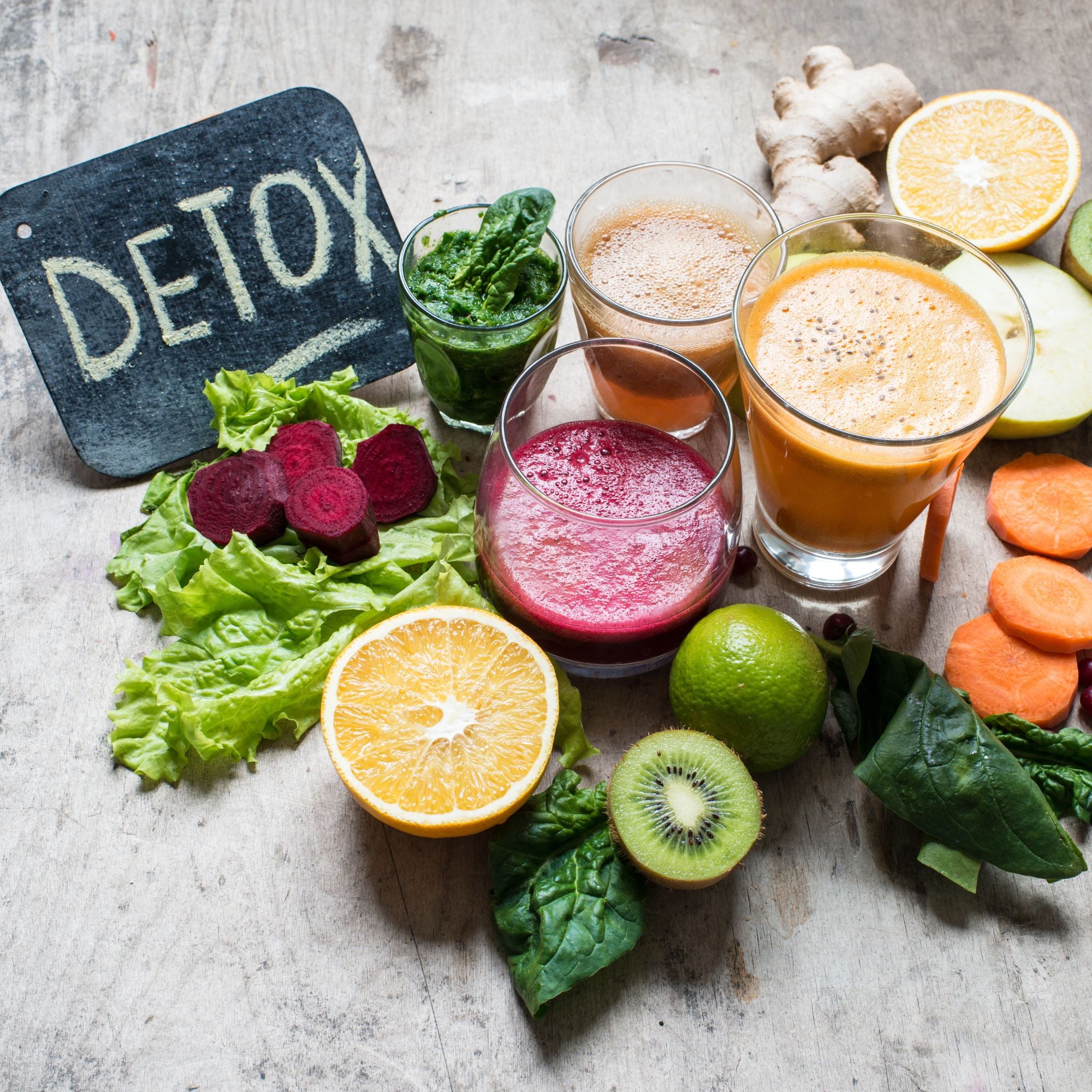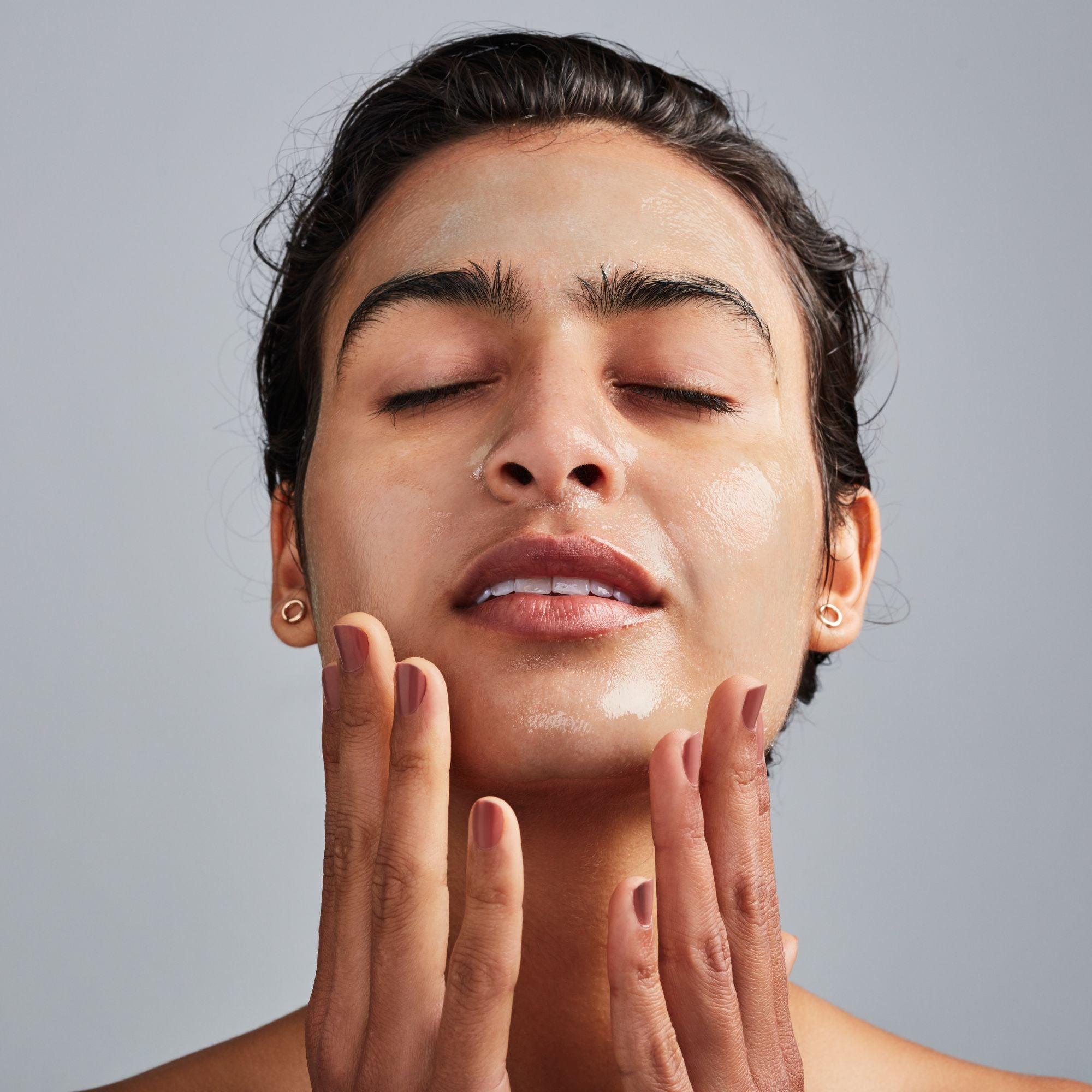Welcome to the world of skincare, where the choices can sometimes be overwhelming. With so many products and terminology floating around, it's essential to understand what your skin truly needs. One common dilemma is the difference between hydration and moisturization. Let's dive in and unravel the mystery behind these two skincare buzzwords.
Understanding Hydration and Its Benefits
When it comes to skincare, hydration is a crucial aspect that should never be overlooked. But what exactly does hydration mean and why is it so important for healthy skin? Let's dive in and explore the concept of hydration and its myriad benefits.
Hydration
In simple terms, hydration refers to the process of replenishing and retaining moisture in the skin. It involves supplying the skin with an adequate amount of water to maintain its optimal balance and functionality. Hydration is essential for all skin types, including oily, dry, and combination skin.

Benefits of Hydration
Hydrated skin not only looks plump and supple but also functions optimally. Here are some key benefits of keeping your skin well-hydrated:
"Proper hydration helps to improve skin elasticity and firmness, reducing the appearance of fine lines and wrinkles."
- Moisturization: Hydration enhances the skin's ability to retain moisture, resulting in improved overall moisturization. This helps prevent issues like dryness, flakiness, and rough texture.
- Healthy Complexion: Well-hydrated skin appears vibrant and glowing. It helps maintain a more even skin tone and minimizes the appearance of skin imperfections such as dullness or discoloration.
- Optimal Functioning: Proper hydration ensures that the skin's natural barrier function remains intact. This barrier protects the skin from external pollutants, UV radiation, and harmful bacteria. It also helps regulate oil production, preventing excessive sebum and the associated breakouts.
-
Reduces Signs of Aging: The plumping effect of hydration can help reduce the appearance of fine lines and wrinkles, giving the skin a more youthful appearance. Hydrated skin also improves the efficacy of anti-aging skincare products.

Keep in mind that hydrating the skin is not just about drinking water. External hydration, through the use of skincare products containing hydrating ingredients, plays a vital role in maintaining the skin's moisture balance.
|
Hydration vs. Moisturization |
Hydration |
Moisturization |
|
Definition |
Process of replenishing and retaining moisture in the skin |
Process of sealing in moisture and preventing its loss from the skin |
|
Main Focus |
Providing water to the skin |
Trapping moisture within the skin |
|
Method |
Internal (hydration from within) and external (topical hydration) |
External (application of moisturizers) |
|
Key Ingredients |
Water-based products, hyaluronic acid, aloe vera |
Emollients, humectants, occlusives |
Conclusion
Understanding hydration and its benefits is essential for maintaining healthy, glowing skin. By ensuring proper hydration, you can achieve a well-balanced and well-functioning complexion that looks and feels its best.
Exploring Moisturization and Its Role in Skincare
Moisturization plays a pivotal role in maintaining healthy and radiant skin. It is an essential step in any skincare routine, providing the necessary hydration and nourishment for the skin to thrive. By understanding the role of moisturization, you can effectively enhance your skincare regimen and prevent common skin issues such as dryness and flakiness.
So, how do moisturizers work and what exactly is their role? Well, moisturizers are formulated to replenish the skin's moisture barrier, which can be compromised by factors such as excessive washing, harsh environmental conditions, and aging. These creams, lotions, and serums contain a combination of ingredients, including humectants, occlusives, and emollients, that work together to seal in moisture, improve hydration, and protect the skin from external aggressors.
One key role of moisturization is to prevent water loss from the skin. Moisturizers with occlusive ingredients form a barrier on the skin's surface, reducing transepidermal water loss (TEWL) and preventing moisture from evaporating. This helps to maintain the skin's hydration levels and keeps it soft and supple.
Another important aspect of moisturization is its ability to restore the skin's natural moisture balance. Hydrating ingredients found in moisturizers, such as hyaluronic acid and glycerin, attract water molecules from the environment and bind them to the skin, increasing its water content and improving overall moisturization.
"Moisturization is not just about hydration; it also contributes to the skin's overall health and appearance."
In addition to hydrating the skin, moisturizers also provide nourishment and support its barrier function. Emollients present in moisturizers help to smoothen the skin's surface by filling in tiny crevices and fine lines, giving it a soft and silky texture. These ingredients also aid in improving skin elasticity and preventing moisture loss.

Furthermore, moisturization plays a crucial role in preventing dryness and associated skin issues. When the skin lacks adequate moisture, it can become dry, rough, and prone to irritation. By incorporating a moisturizer into your daily skincare routine, you can effectively combat dryness, soothe the skin, and maintain its natural protective barrier.
The Importance of Choosing the Right Moisturizer
Not all moisturizers are created equal, and it is essential to choose the one that caters to your skin's specific needs. Factors such as skin type, climate, and personal preferences should be taken into consideration when selecting a moisturizer.
If you have dry or dehydrated skin, opt for a rich and creamy moisturizer that provides intense hydration and restores moisture levels. On the other hand, if you have oily or acne-prone skin, look for a lightweight, oil-free moisturizer that balances hydration without clogging pores.
For those with sensitive skin, it is important to choose a fragrance-free and hypoallergenic moisturizer to minimize the risk of irritation or allergic reactions. Additionally, individuals with aging skin may benefit from anti-aging moisturizers that contain ingredients like retinol and peptides to target fine lines and wrinkles.

By selecting the right moisturizer for your skin's unique needs, you can maximize its benefits and ensure optimal moisturization for a healthier and more beautiful complexion.
The Difference Between Hydration and Moisturization
In the world of skincare, the terms "hydration" and "moisturization" are often used interchangeably, but they actually refer to two different processes with distinct purposes and effects on the skin. Understanding the difference between these two concepts is essential in determining what your skin truly needs for optimal health and vitality.
Hydration refers to the process of replenishing and retaining moisture in the skin. It involves increasing the water content within the skin cells, resulting in a plump, supple complexion. Hydration is crucial for maintaining the skin's natural barrier function, which helps to protect it from external stressors and lock in moisture.
Moisturization, on the other hand, focuses on keeping the skin's outermost layer, known as the stratum corneum, well-nourished and protected. Moisturizers are formulated with various ingredients, such as emollients, humectants, and occlusives, which work together to seal in existing moisture, prevent moisture loss, and create a barrier against environmental factors.
While both hydration and moisturization are important for healthy, vibrant skin, they address different aspects of the skin's needs. Hydration deals primarily with water content, ensuring that the skin is adequately moisturized from within. Moisturization, on the other hand, focuses on maintaining the skin's moisture levels and preventing dehydration.
It is important to note that dehydrated skin lacks water, while dry skin lacks oil. This means that even oily skin types can experience dehydration if they do not have enough water content in their skin. Similarly, dry skin can still be adequately moisturized if it receives the right nourishment and barrier protection.
To determine whether your skin needs hydration or moisturization, it is crucial to assess its specific needs and concerns. If your skin feels tight, flaky, or rough, it may require additional moisturization to replenish its lipid barrier and lock in moisture. However, if your skin appears dull, lacks radiance, or feels tight after cleansing, it could benefit from increased hydration to boost its water content.

In summary, hydration and moisturization are both vital for maintaining healthy skin, but they serve different purposes. Understanding the difference between these two processes and identifying what your skin truly needs can help you tailor your skincare routine for optimal results. Whether you need to focus on boosting water content or nourishing and protecting the skin's outer layer, choosing the right products and ingredients can make a significant difference in achieving a glowing, well-hydrated complexion.
Conclusion
Understanding the difference between hydration and moisturization is essential for maintaining a healthy and radiant complexion. While hydration focuses on providing water to the skin, moisturization aims to lock in moisture and prevent dryness. By identifying your skin's unique needs, you can effectively cater to its requirements and achieve optimal results.
Hydration plays a vital role in keeping the skin plump, supple, and well-hydrated. It helps to replenish the water content within the skin and maintain its natural moisture balance. On the other hand, moisturization involves using emollients, humectants, and occlusives to create a protective barrier on the skin's surface, preventing moisture loss and enhancing hydration.
By incorporating both hydration and moisturization into your skincare routine, you can address different aspects of skin health. Consider using hydrating products, such as hyaluronic acid serums or facial mists, to boost your skin's water content. Additionally, opt for moisturizers that cater to your skin type and address specific concerns, such as dryness or oiliness.
Remember, everyone's skin is unique, and what works for one person may not necessarily work for another. Pay attention to your skin's specific needs and adjust your routine accordingly. When in doubt, consult with a dermatologist or skincare professional to ensure you are making informed choices that will benefit your skin in the long run.
Also Read - 5 Simple Ways to Stay Hydrated this Winter




